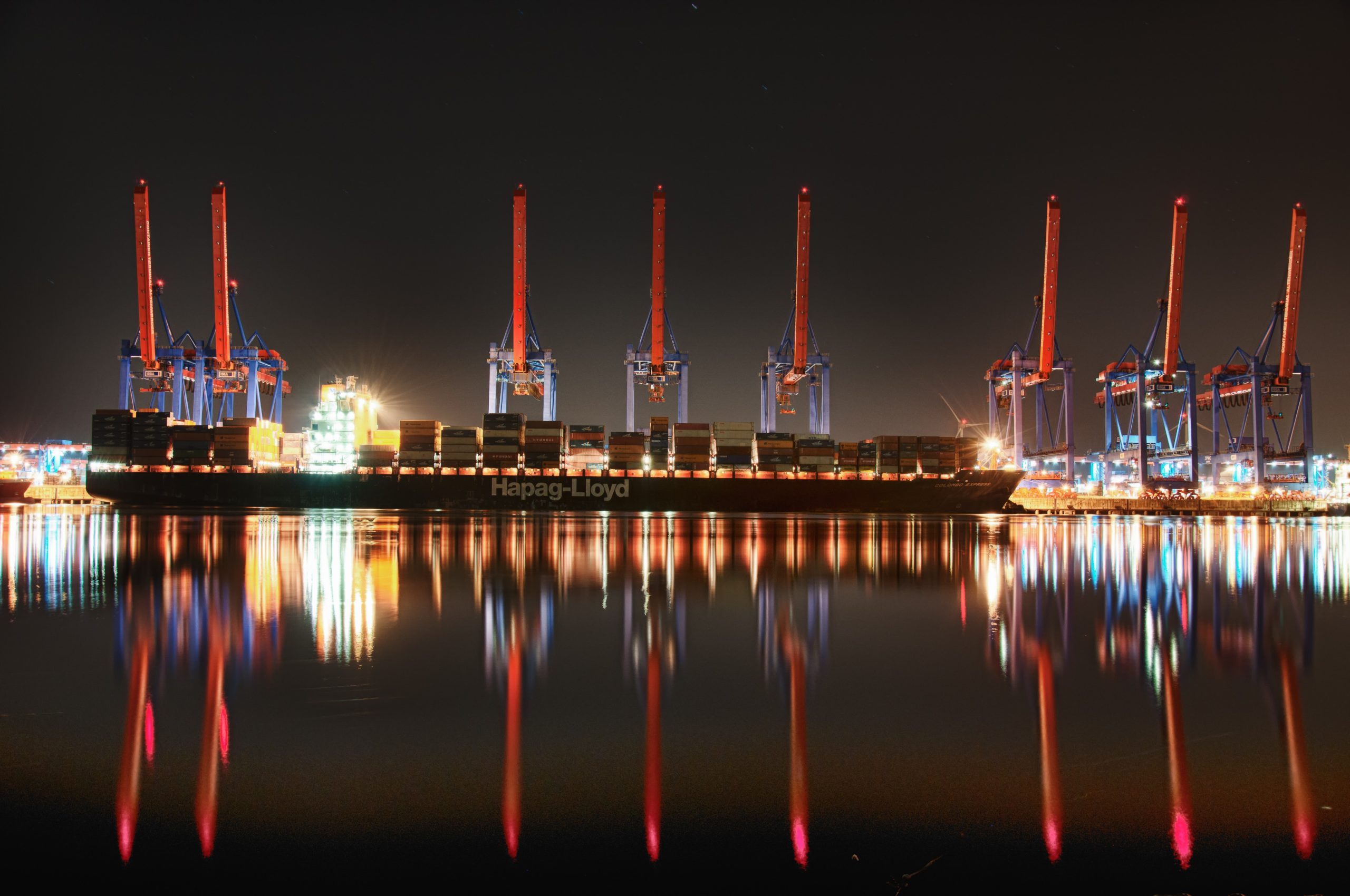EUROPE (Transatlantic Today) – With 40% of gas supplies coming from Russia, it’s no wonder European countries are
scrambling to end their dependency on Russian gas.
Russian-owned Gazprom says it can no longer comply with the contracted agreement made with European countries.
Claiming a legal ‘force majeure‘ on supplies, Gazprom is released from
fulfilling its contracted obligation to Europe leaving the countries in desperate need of relief. Ukraine, Poland, Bulgaria, The Netherlands, Denmark, and Finland are already directly impacted by the now limited fuel flow, and the need will deepen if a peace agreement isn’t reached before winter approaches.
Gazprom is an integrated natural gas company owned and located in Moscow Russia. Gazprom is responsible for oil and all avenues of gas production for automobiles and the fuel needed to generate heat and electricity and is the biggest known exporter of Russian Gas. The Russian-owned pipeline supplies 40% of fossil fuel to Europe.
With the forced sanctions placed on Russia’s financial institutions, as well as the provision of weapons from supporting countries to Ukraine, Gazprom acted earnestly on the threat to limit supplies, stepping outside their contract with the European countries.
Six other countries are in direct line to be next for heavy limitations.
Reports from Europe’s largest energy producer, Uniper, suggests the implementation of Gazprom’s forced majeure is unjustified and rejects the claim of malfunctioning equipment.
European officials have been bracing themselves for a complete shutdown of products by the Russian-owned gas pipeline since the war on Ukraine ignited. Although Russia has been the main supplier of natural gas to many European countries, Azerbaijan has also been exporting gas to Europe since 2020.
It is the EU’s hope to become less dependent on Russia’s fuel supply through the new gas deal signed with the country of Azerbaijan. The new gas deal will increase the volume of gas supply released to Europe by the country and possibly open other deals with suppliers, such as the United States. However, the EU also understands the need for more preparation.
Therefore, the European Commission will release a proactive energy-saving protocol for corporations in hopes to lessen energy usage demand.


























